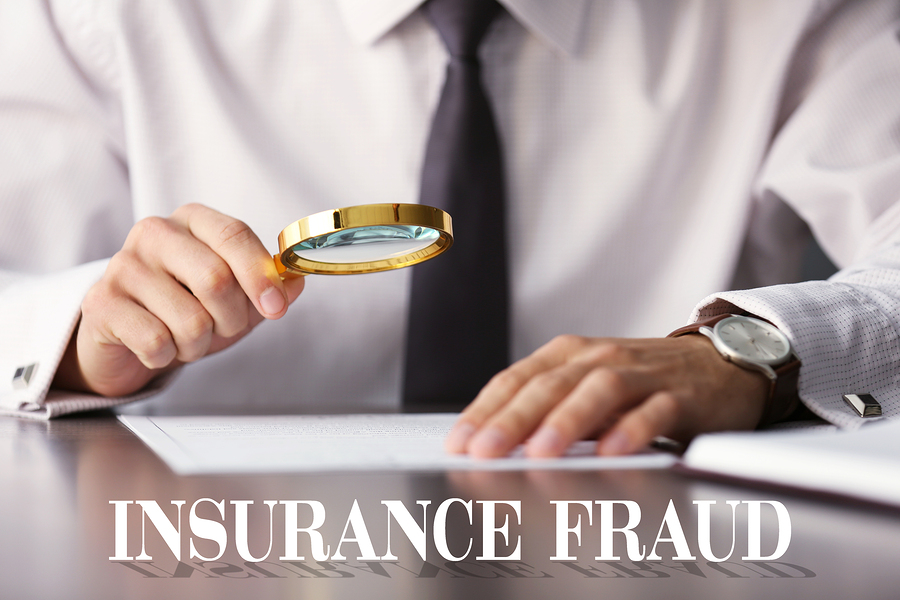What Happens If You Fake A Personal Injury Case?
 Michael Babboni
Insurance Coverage
Personal Injury
For the majority of people that seek the services of an accident lawyer, the motivation is simple. There’s been an injury, it was not your fault, and you want to make sure that negligence of the other party does not go unpunished, so you seek accountability in the form of financial compensation.
Michael Babboni
Insurance Coverage
Personal Injury
For the majority of people that seek the services of an accident lawyer, the motivation is simple. There’s been an injury, it was not your fault, and you want to make sure that negligence of the other party does not go unpunished, so you seek accountability in the form of financial compensation.But for some people, the idea of getting paid for getting injured is simply too appealing to leave to chance. So instead, some unscrupulous people manufacture or stage an injury in the hopes that no one will discover the deception and the financial compensation will pay out. But just how easy is this to accomplish? And what happens if it fails?
The Great Temptation
Sadly, throughout the United States—and the rest of the world—people regularly attempt to cheat the legal system by counterfeiting injuries and then seeking compensation in court from people who have done no wrong. One of the most popular types of injuries to fake is the slip and fall at public spaces such as shopping malls, and other retail centers. This is because, unlike a car crash, for example, a slip and fall is relatively easy to stage, with few “props” required. Done properly, certain injuries and side-effects can even be faked and then “recovered” from in the wake of the injury.
There is even one shameful case in Philadelphia where a lawyer worked with 46 other people to stage slip and fall accidents and then collect a percentage of their compensation. Because the lawyer understood exactly what was required by law for the injuries to be legally admissible, he coached his team on the types of symptoms they were supposed to report to paramedics and doctors in order to secure the diagnoses and paper work required to file claims with insurance companies. Over $400,000 from 21 different companies were deceived this way before the fraud was exposed.
The Consequences
Many things can arise if someone goes to court for a personal injury claim and is discovered, during the trial, to be staging their injury. At the very least, when this type of fraud is discovered, the person making the claim will have the case dismissed, and there will be no financial compensation, for obvious reasons.
However, things can—and usually do—go beyond this. In addition to having a case thrown out if fraud is discovered, the claimant can get their contract with an insurer revoked for attempting fraud. If the discovery of fraud is made after a claim has successfully gone to court, you may be faced with having to return the damages, or if they are already spent, having to take on debt to pay back in full what was spent. You may even be sued by the insurance company that paid the compensation out.
On top of this, there are the legal ramifications. Fraud is, after all, a criminal offense. Lesser cases of fraud are usually classified as misdemeanours. This may mean that you might be fined, usually in an amount up to $15000, and, if the judgment is very harsh, face a jail sentence, though it will usually be less than a year.
More serious fraud claims that involve a high amount of damage may be classified as felonies. For example, people that stage an arson and burn a building down, attempting to pass it off as an accidental fire for insurance money would face far stiffer legal punishment due to the severity of the damage, as well as the amounts of money involved.
It goes without saying, if you have a legitimate personal injury case, seek professional legal advice. Don’t look upon these lawsuits as easy money.
